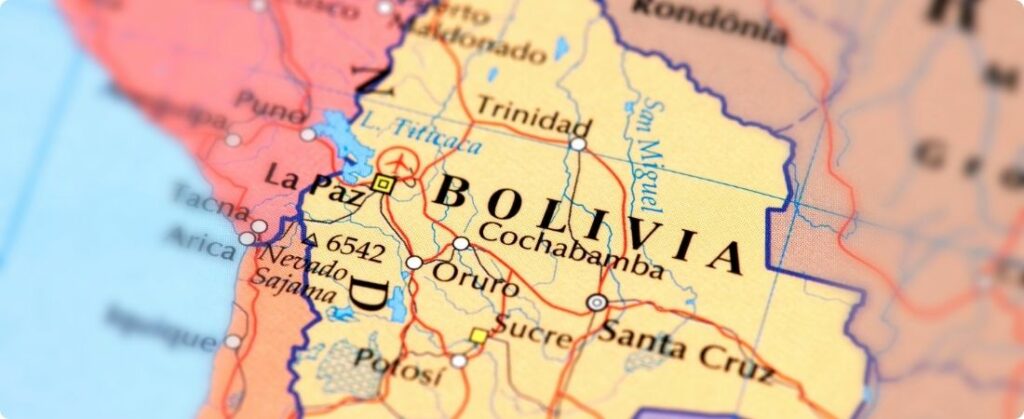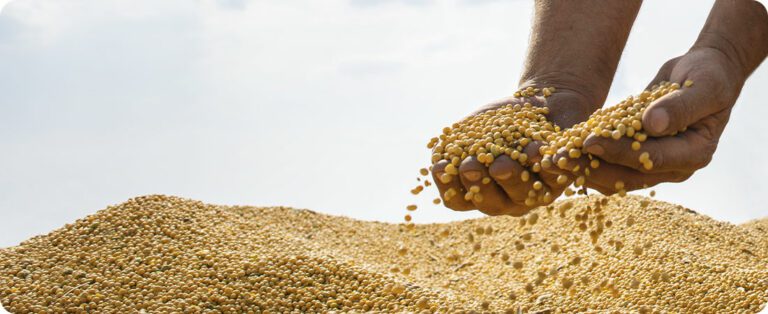
Sudden changes in political guidelines have been affecting the Latin American scenario, impacting not only its population, but also the commercialization of agribusiness. In the fourth week of January, protests in Bolivia affect trade on the border with Brazil and Paraguay.
Bolivia's Plurinational State Day, celebrated on January 22nd and which marks the country's Democratic Revolution, was the date chosen by local producers to start a strike on the main roads and on the border with Corumbá/MS.
Protesters demand the resignation of judges from the country's current highest court. These seats, democratically elected, should have been filled in the second half of 2023; however, Congress did not present candidates to the electoral court, and the magistrate elections were postponed.
Crisis in Bolivia: Protesters demand resignation
At the end of last year, judges ruled that Bolivians cannot run for president after two terms, whether consecutive or not. This intensified opposition to Evo Morales, who had three consecutive terms and planned to run again in the 2025 elections.
The current president, Luis Arce, condemned the blockades, especially as their beginning coincided with a significant date for the country. However, the protests remain firm, awaiting a direct response from the government on whether or not the judges in question will remain.
Protesters plan indefinite blockades until new judicial elections are called and current judges resign.
On the fourth day of protests, several trucks are stopped, loaded on the Bolivian side. In fact, they are awaiting the release of the protesters to cross to the Brazilian side and follow their routes. There are also trucks on the Brazilian side of the border, waiting for authorization to enter the country and, consequently, continue loading. The Cochabamba Business Association, FEPC, estimates that the blockades have already caused losses of 115 million Bolivianos (US$ 16.6 million) to the department this year.
By: Júlia Vilela | Expert olive oil and Sunflower oil












